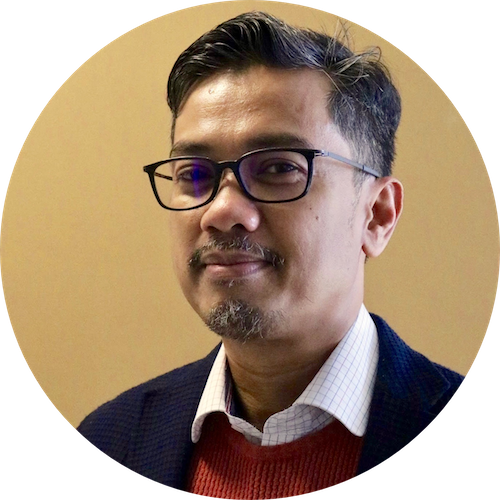Taking a closer look at Singapore’s much lauded response to the pandemic, Sulfikar Amir’s contribution to the “Covid-19 and the Social Sciences” series bring an important lens to the much-discussed question within disaster studies of how to evaluate resilience. In particular, the author shows the need to examine hidden vulnerabilities and inequalities in a society’s response to disaster, such as the treatment of migrant workers. While it is apparent that the government of Singapore learned important lessons from the response to the SARS outbreak in 2003, Amir shows that even with strong preparedness practices, governments may be prone to overlook marginalized groups within their jurisdictions, and that such blind spots have serious consequences.


